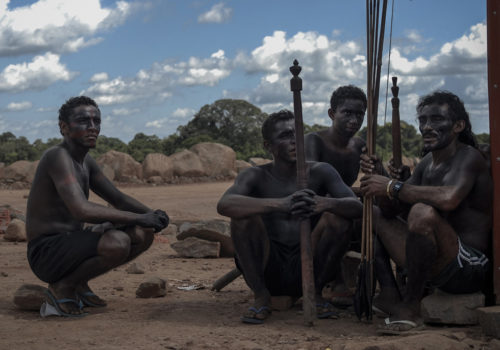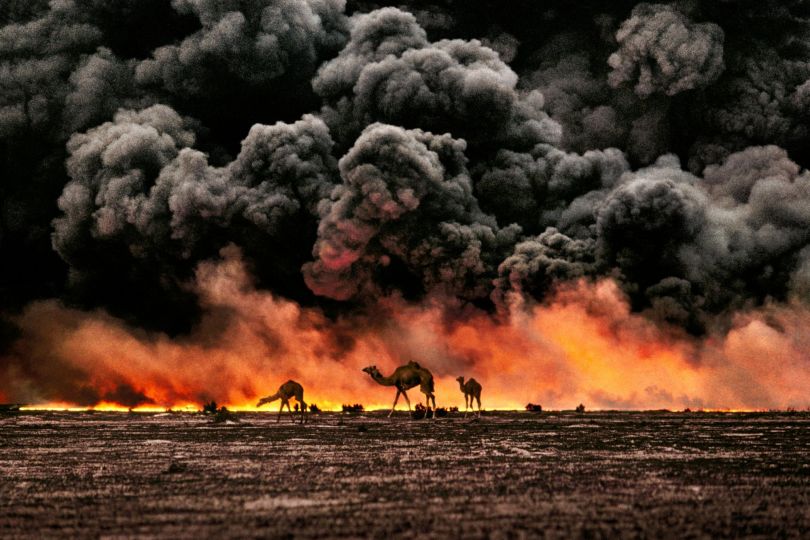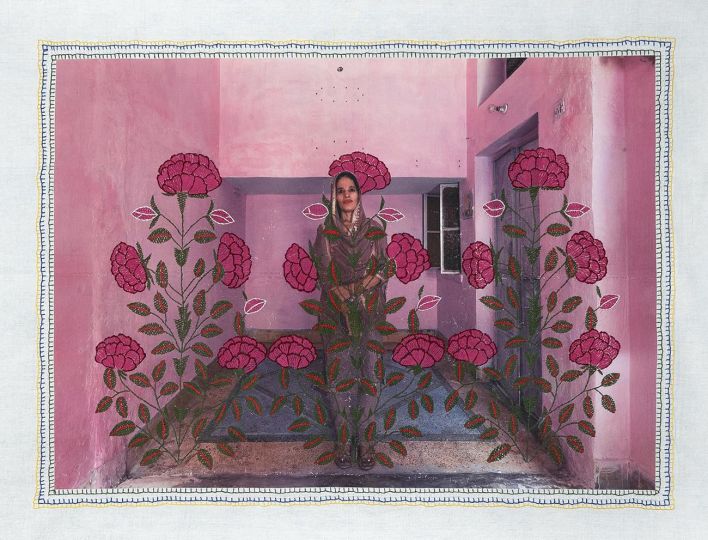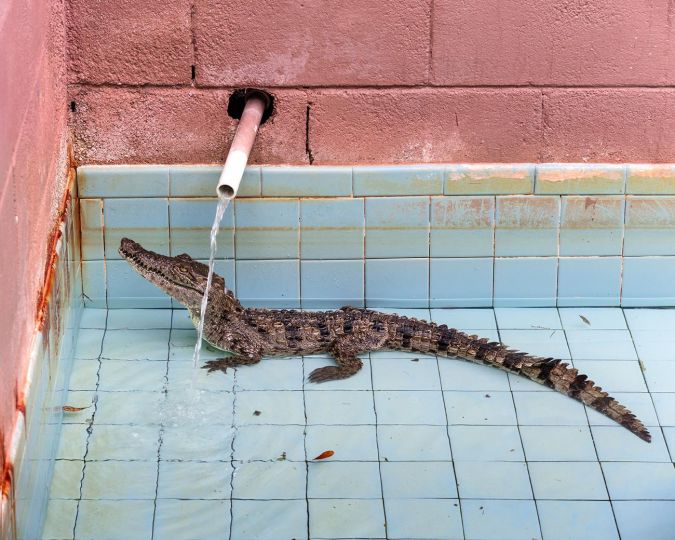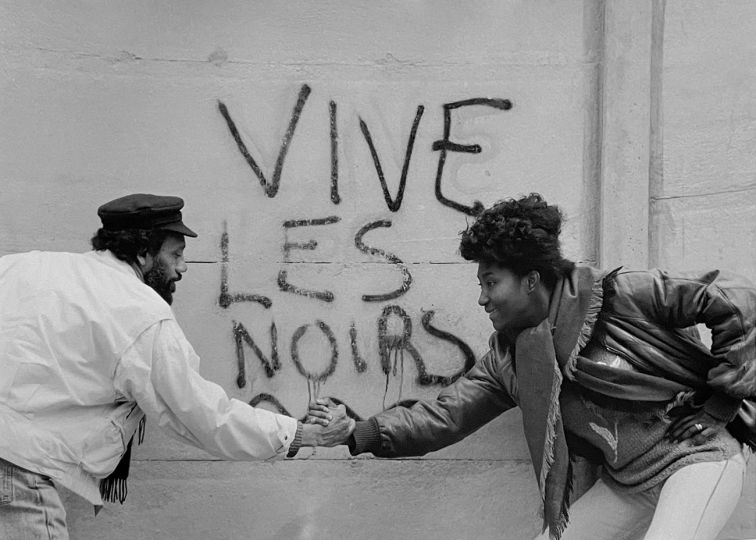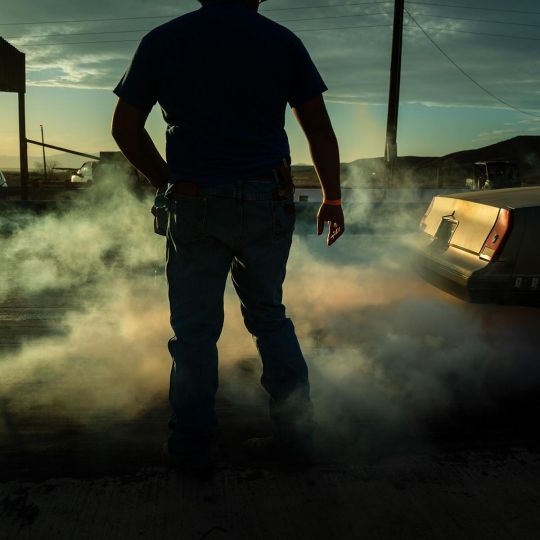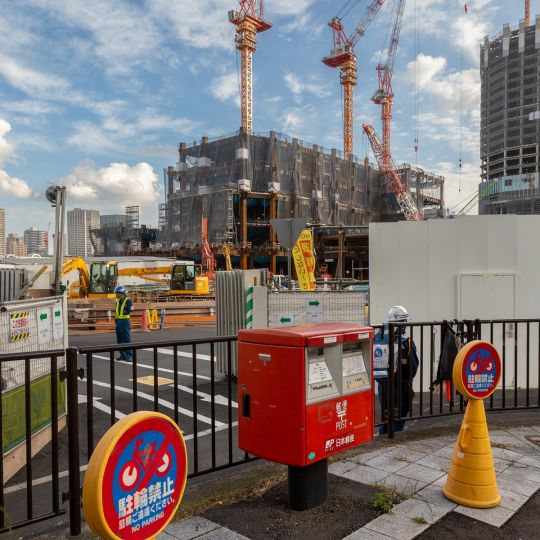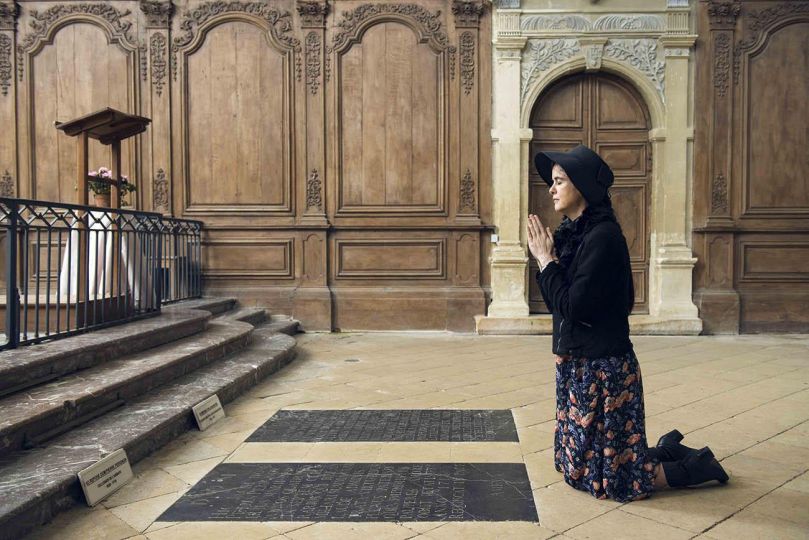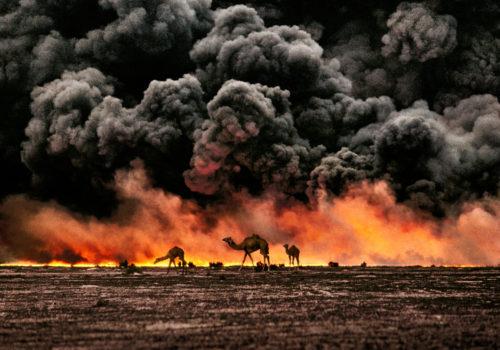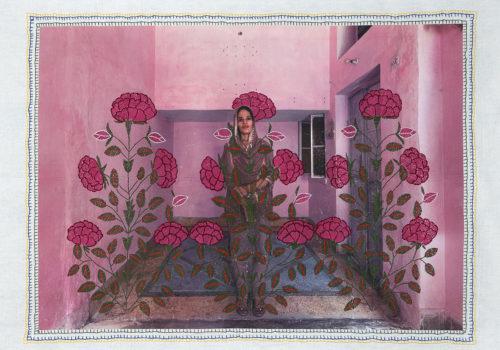Their logo is a camera lens screwed onto the face of a hammer, and when the shutter clicks, the images are as striking as the subjects. Fractures Collective was founded three years ago. Today the team includes four documentary photographers based in Barcelona, Sao Paulo and Caracas: Guillaume Darribau, William Sands, Anderson Barbosa, Oscar B. Castillo and development director Nora Meesen. They are all committed to producing politically and socially engaged photography.
Castillo, winner of the Magnum Foundation’s 2014 Emergency Fund for his project Our War, Our Pain, worked his way into the gangs of his hometown, Caracas, one of the deadliest cities in the world, with 50 to 100 homicides per week and an estimated 6 to 9 million weapons nationwide, one for roughly a quarter of the population. International political scientists view the situation as an enigma, while local politicians are just beginning to acknowledge the problem after decades of denial. Castillo sees it as a curse, and he has spent the last three years showing the complexity and fragile face of the problem. His depiction is free of caricature.
Another contemporary humanitarian crisis is ravaging the social structure of a neighborhood in northern Barcelona, Ciutat Meridiana. The economic recession has transformed this working-class district into a ghetto. Abandoned by the authorities, whose only involvement has been enforcing evictions, the residents are struggling against social injustice, against the hungry ghost of debt impossible to pay back in a country where employment is scarce, against worsening conditions in an environment so humid that children, already going hungry, suffer from pulmonary trouble. Only the neighborhood organizations are trying to defend their rights, and only Guillaume Darribau is using his photographs to bring awareness to their plight.
The two other members of the collective are of the same caliber. William Sands received a grant from the Pulitzer Center for Crisis Reporting for his project in Equatorial Guinea, and for years Anderson Barbosa has followed the fight of the MSTC, the movement of the country’s “roofless” fighting to reclaim land for the dispossessed.

